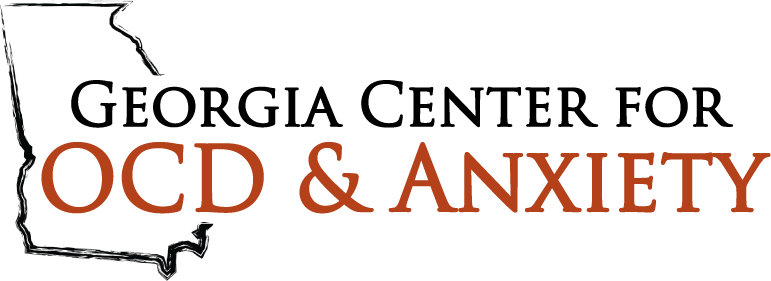Definition
Social Anxiety is the intense, excessive, and recurrent fear of social or performance situations. Individuals who struggle with Social Anxiety excessively fear public humiliation and being negatively judged by others.
In some cases, the fear is only in particular situations (e.g. public speaking, making a grammatical error when writing to others). Typically, though, social fears are much broader (e.g., saying something foolish, being unable to answer questions).
The anxiety response also includes physiological symptoms such as feeling panicky, sweating, blushing, having a racing heart, and/or difficulty breathing.
Symptoms
While individuals with Social Anxiety are excessively afraid of embarrassing themselves, or being observed and judged negatively by others, the recurrent fear often goes beyond being evaluated negatively. Often, it is a more specific fear of being viewed as being inept, incompetent, awkward, or clumsy. In the feared social situation, the individual experiences immediate and intense anxiety, sometimes leading to a panic attack.
Rumination is also a hallmark of those who suffer from Social Anxiety. Often, after an individual experiences a social encounter, he or she may spend hours, even days, analyzing their social performance and how they believe others may have responded negatively. It is also common for those with Social Anxiety to frequently misinterpret minor events (e.g., someone excising themselves to go to the bathroom) as evidence of being rejected because of their social ineptitude. The most common behavioral response to anxiety-producing social situations is avoidance.
Prevalence
It is estimated that 15 million American adults suffer from Social Anxiety. The average age of onset is during adolescence.
Treatment
Many individuals with Social Anxiety report they suffered with symptoms for years before seeking help and often avoided social situations to manage their fears. Cognitive Behavioral Therapy (CBT) is effective in treating Social Anxiety. CBT strategies help an individual to understand flawed assumptions and beliefs and, through experience, recognize that the anxiety will naturally decrease on its own.

